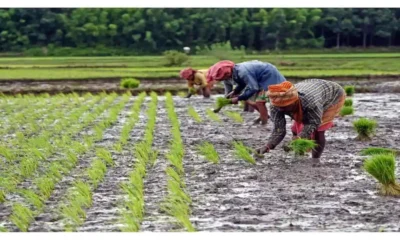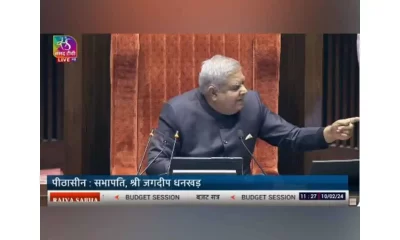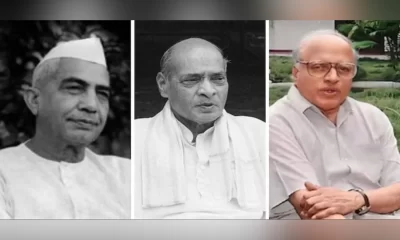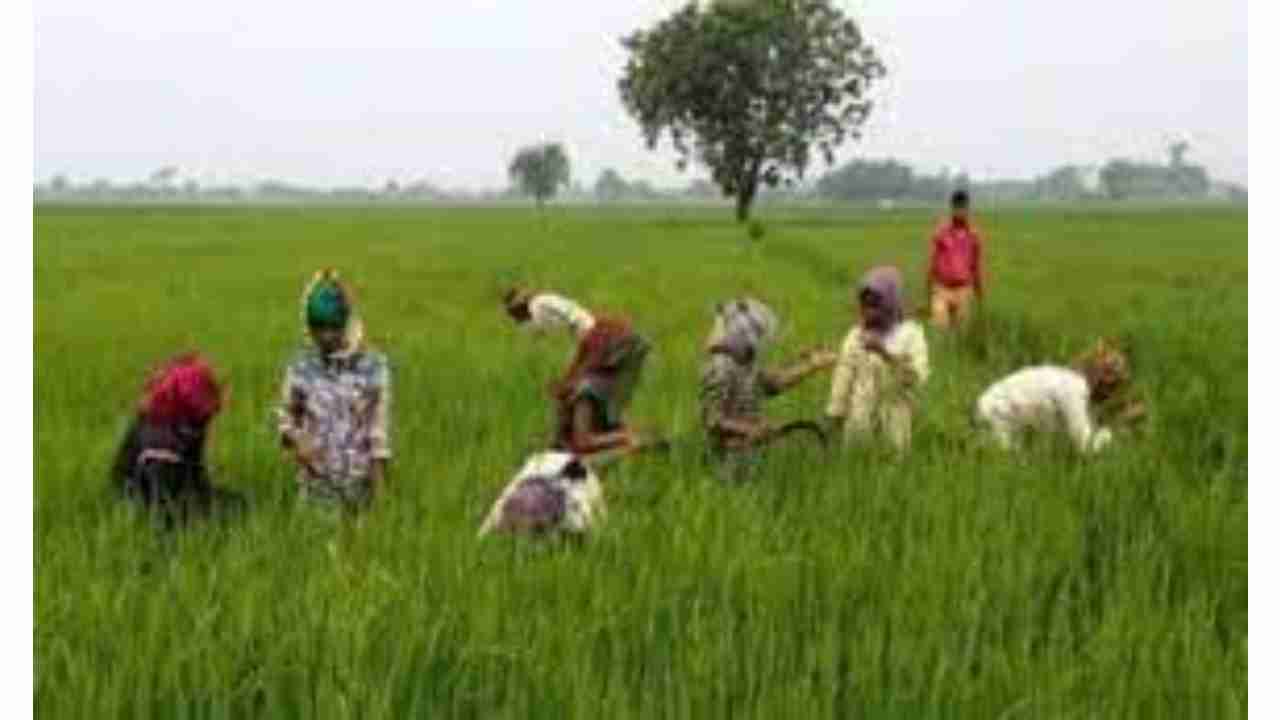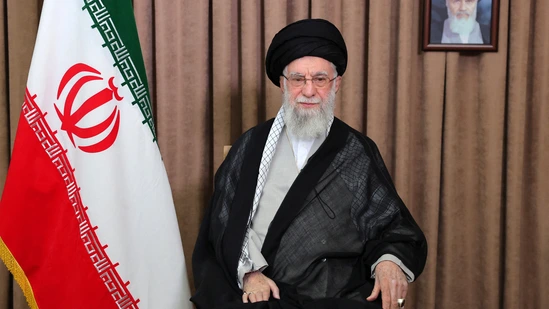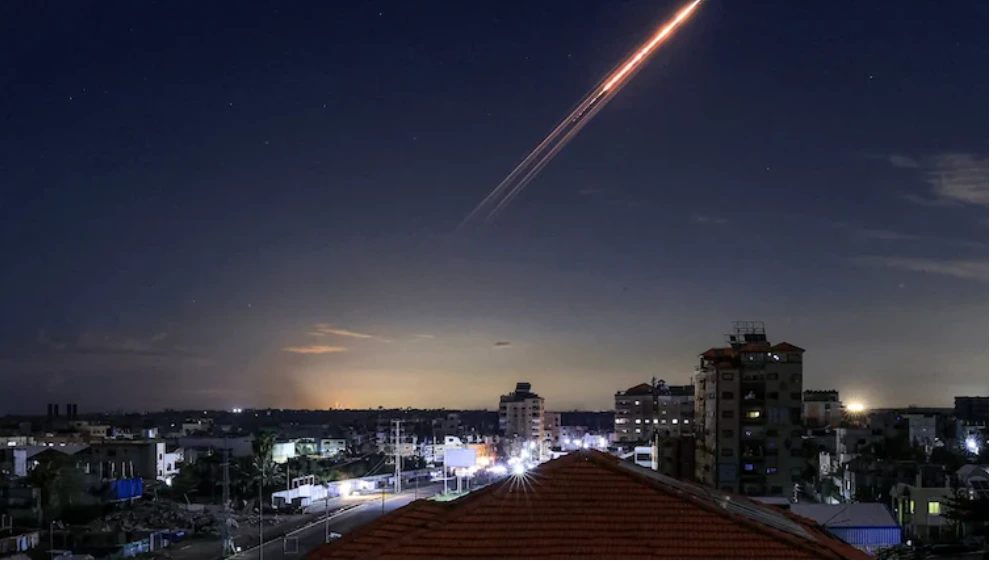As the nation observes National Farmer’s Day, trending topics like Chaudhary Charan Singh, “Thank You Kisan,” and #NationalFarmersDay have captured widespread attention across social media platforms. The day is being celebrated with heartfelt tributes to the former Prime Minister, who is remembered for his transformative role in shaping India’s agricultural policies. The hashtag “Thank You Kisan” has gained momentum as people across the country express their gratitude for farmers, recognizing their critical contribution to food security and the nation’s economy. This surge in online discussions highlights the growing awareness and appreciation of the challenges faced by farmers, further underscoring the need for continued support and empowerment in the agricultural sector.
National Farmer’s Day, or Kisan Diwas, is observed on December 23 each year to commemorate the birth anniversary of Chaudhary Charan Singh, the fifth Prime Minister of India, who was a passionate advocate for the welfare of farmers. This day highlights his enduring contributions to improving the conditions of India’s farming community. The day serves as a reminder of the vital role farmers play in the country’s economic and social fabric, celebrating their hard work and contribution to the nation’s prosperity.
Chaudhary Charan Singh, devoted a significant part of his political life to advocating for the well-being of farmers. His efforts focused on implementing policies that aimed to improve their socio-economic conditions and address the challenges they faced in rural India. His tenure as Prime Minister from 1979 to 1980 was marked by significant reforms aimed at empowering India’s agricultural community. One of his landmark initiatives was the Debt Redemption Bill of 1939, which aimed to free farmers from the clutches of exploitative moneylenders. Singh also implemented transformative land reforms in Uttar Pradesh, helping to reshape the agricultural landscape and ensure greater equity for farmers.
In honour of his legacy, a memorial named Kishan Ghat was established in New Delhi, and in 2001, the Government of India officially declared December 23 as Kisan Diwas. The observance of this day highlights Chaudhary Charan Singh’s enduring vision for the upliftment of farmers and emphasizes the importance of their well-being for the overall development of the country.
The theme for National Farmer’s Day 2024 is “Empowering ‘Annadatas’ for a Prosperous Nation.” This year’s theme underscores the necessity of providing farmers with the tools, resources, and opportunities they need to ensure sustainable agricultural growth, while also fostering national prosperity. It reflects the growing recognition of farmers as the backbone of India’s economy, often referred to as the ‘Annadatas’ (providers of food).
Kisan Diwas is not only a day for honouring farmers but also an opportunity to address critical issues affecting the agricultural sector. Topics such as fair pricing, climate resilience, sustainable farming practices, and the integration of modern agricultural technologies are brought to the forefront. Additionally, the day provides a platform for discussing various government initiatives aimed at improving the livelihoods of farmers and boosting their contribution to the national economy.
As we observe this important day, it serves as a reminder of the ongoing need to support the agricultural community and ensure that the next generation of farmers is equipped to meet the challenges of a rapidly changing world.


 Latest world news12 hours ago
Latest world news12 hours ago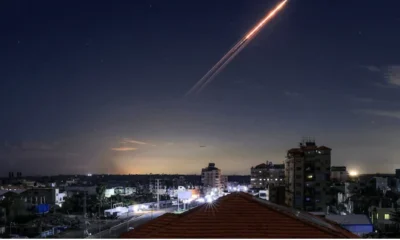
 India News12 hours ago
India News12 hours ago
 India News5 hours ago
India News5 hours ago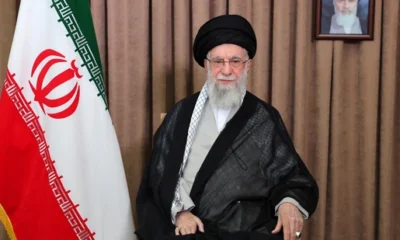
 India News5 hours ago
India News5 hours ago
